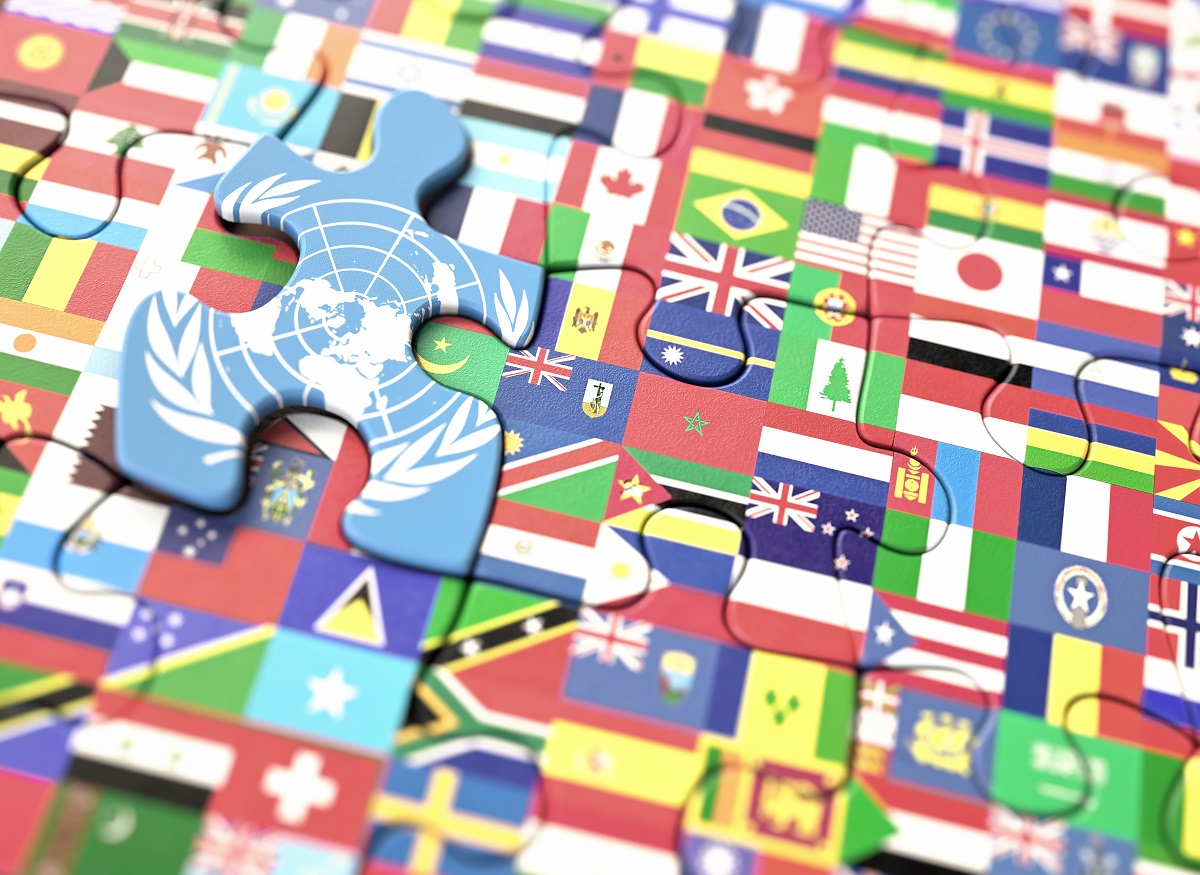
An uphill battle is looming considering two of the World Health Organization’s (WHO) cannabis scheduling recommendations need to be voted on later this year by the United Nations’ Commission on Narcotic Drugs (CND). At a recent two-day meeting, some analysis of statements voiced by the U.N member states reveals some severe contention.
American cannabis industry insiders are expecting and hoping for a positive outcome. They want the two recommendations discussed at the commission meeting in June to be approved. When this happens, international trade in specific CBD preparations could start quickly. American companies could begin exporting products without legal obstacles.
Would the impact of a shift in the international scheduling of cannabis be like? It could help lobbyists who want to see cannabis rescheduled in the United States. It may or may not influence the FDA and DEA to reconsider the Schedule 1 status of cannabis.
During the CND meeting, the participant talked about two of the six cannabis-related recommendations by the World Health Organization (WHO). The suggestions were outlined as follows:
At the end of June, a virtual meeting included only U.N. member states and intergovernmental organizations.
According to Marijuana Business Daily, most U.N. countries actively engaged in the conversation were too reluctant to change the status quo. The talk around Recommendation 5.4 went well since many considered the proposal to be mostly administrative.
The CBD recommendation had almost no vocal support during the meeting. If Recommendation 5.5 was adopted, it could have more impact on the cannabis industry and encourage more trade in CBD products. And reform of cannabis prohibition in the United States.
The United States, Canada, and Brazil and Kyrgyzstan voiced their reservations. The lack of support was concerning for pro-cannabis countries. This is worrying for Cannabis companies who are observing the international talks. The change would clarify that certain CBD products will not be subject to the controls of the 1961 Single Convention.
Many Countries remained silent during the meeting. Some European countries that should have engaged in the conversation did not. If those countries happen to give their support come December voting, then chances of approval would be high. But it is unknown which way they will vote.
Many U.N member states expressed disagreement with the two WHO recommendations. Most of these countries aren’t current members of the ND. That means that their position will not count in the December vote. Such countries include Ghana and Singapore.
The United States had not voiced a firm opinion on the proposal. But still, it strongly opposed recommendation 5.5. During statements at the meeting, the U.S was very vocal about not supporting the WHO rescheduling recommendations. American delegates stated that preferring member countries should decide for themselves about drug Scheduling. And what the right threshold for THC potency should be. And if medical cannabis programs should be permitted.
The June meeting was the first in preparation for the December 2020 vote. The countries will have another meeting. They will discuss economic, legal, administrative, and other implications of adopting the six WHO cannabis rescheduling proposals. The second meeting will happen virtually on August 24 and 25th.
The meeting will only have member states and intergovernmental organizations present. But, in the first meeting, Canada and Mexico asked the commission to reconsider excluding civil society such as NGOs and reporters. The civil society groups hope this request will be reviewed, and there will be a representative at the meeting to report on discussions.
The Cannabis industry waits to hear what will be discussed in the meeting. They will also wait for the December vote, which will mean a lot for cannabis businesses intending to trade internationally. A lot is riding on the U.N. decision and voting not just for pro-cannabis lobbyists in the United States but also for economic trade opportunities.
No Information on MarijuanaDoctors.Com should be used to diagnose, treat, prevent or cure any disease or condition. You can view our Full Disclaimer here.